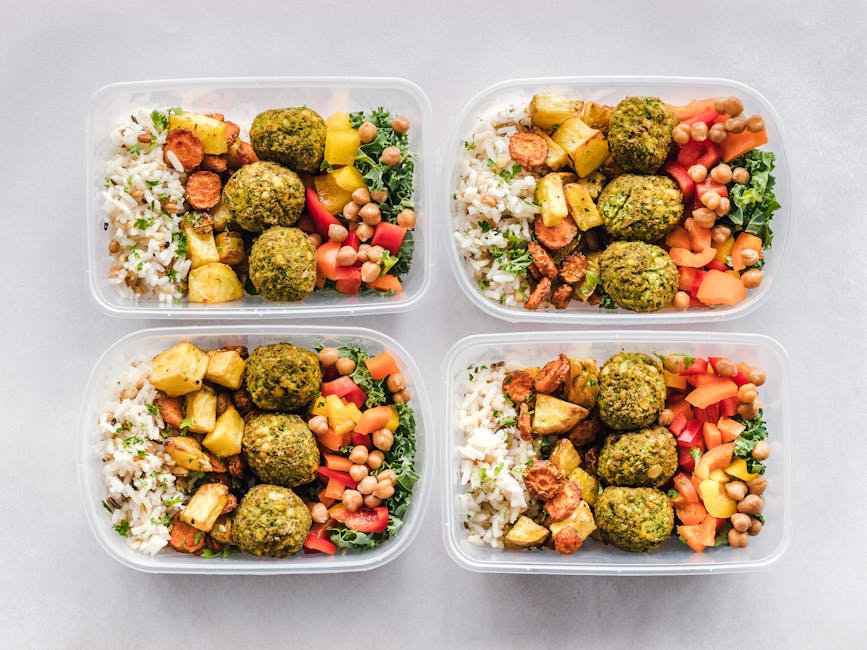Weight management is a multifaceted journey that requires a comprehensive approach. While physical activity plays a significant role, the foundation of any successful weight loss plan lies in a balanced diet. Understanding the principles of healthy eating can empower you to make informed choices that support your weight loss goals.
A balanced diet consists of a variety of nutrient-rich foods from all food groups. Fruits, vegetables, and whole grains provide essential vitamins, minerals, and fiber, which promote satiety and support overall health. Lean protein sources, such as fish, chicken, and beans, contribute to muscle building and repair. Healthy fats from sources like olive oil, nuts, and avocados support hormonal balance and brain function.
Portion control is crucial for managing calorie intake. A simple rule of thumb is to fill half your plate with non-starchy vegetables, a quarter with lean protein, and a quarter with complex carbohydrates. Limiting processed foods, sugary drinks, and unhealthy fats is essential to reduce calorie consumption and improve overall diet quality.
Hydration is another important aspect of a balanced diet. Drinking plenty of water helps curb cravings, supports digestion, and flushes out toxins. Aim to consume at least eight glasses of water per day, and avoid sugary beverages like soda and juice.
Meal planning is a powerful tool for staying on track with a healthy diet. Planning your meals in advance prevents impulsive choices and ensures you have healthy options available. Involve the whole family in the process to make mealtimes a shared experience.
Mindful eating practices can help you develop a healthier relationship with food. Pay attention to hunger cues and eat only when you're genuinely hungry. Avoid distractions while eating, and savor each bite. This approach promotes a sense of fullness and reduces overeating.
Incorporating physical activity into your daily routine is crucial for weight management. Aim for at least 150 minutes of moderate-intensity exercise or 75 minutes of vigorous-intensity exercise per week. Exercise helps burn calories, build muscle, and improve metabolism.
Remember that weight loss is not a quick fix but a gradual process that requires consistency and commitment. Don't be discouraged by setbacks, and focus on making sustainable lifestyle changes. Consult a healthcare professional if you have any underlying health conditions or require personalized advice.

